Publications
Articles, publications, books, tools and multimedia features from the U.S. Institute of Peace provide the latest news, analysis, research findings, practitioner guides and reports, all related to the conflict zones and issues that are at the center of the Institute’s work to prevent and reduce violent conflict.
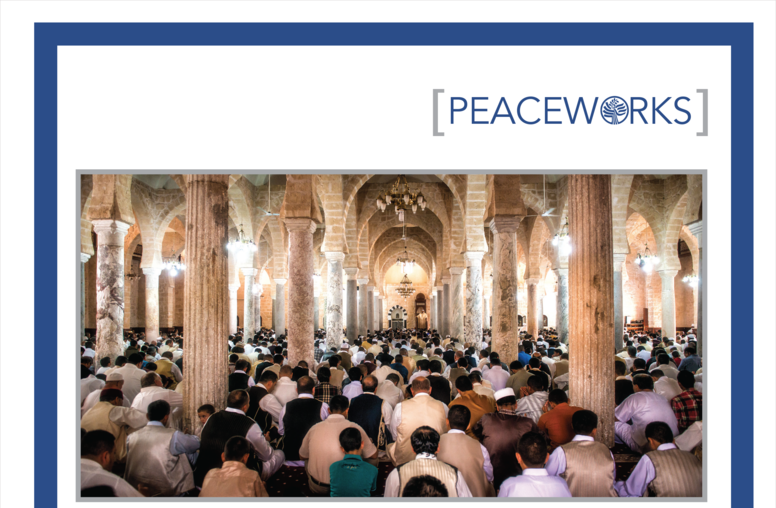
Libya’s Religious Sector and Peacebuilding Efforts
Derived from two surveys conducted in Libya in 2014 and 2016, this report strives to heighten understanding of the country’s religious sector and its impact on governance and society. The findings—which are bolstered by the local knowledge of Libyan researchers—map the major religious trends, institutions, and actors in the country to describe how Libyans perceive the contribution of the religious sector to building peace and fostering justice and democracy.
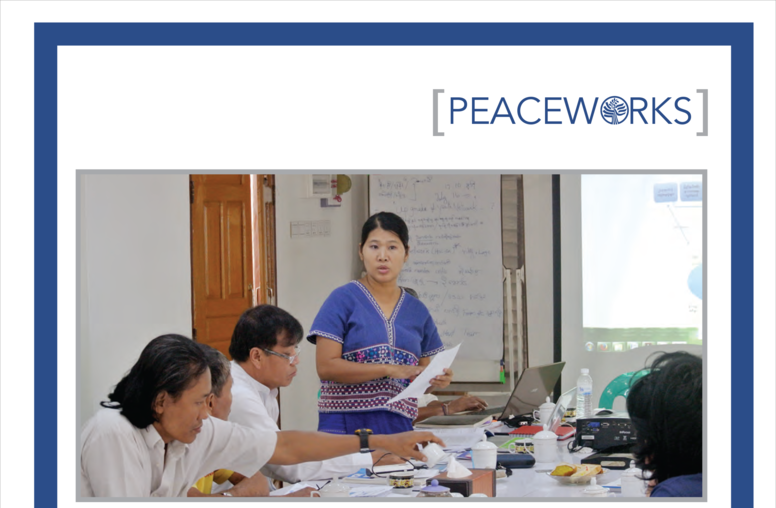
Nonformal Dialogues in National Peacemaking
Nonformal dialogues offer complementary approaches to formal dialogues in national peacemaking efforts in contexts of conflict. As exemplified by the nonformal dialogues in Myanmar, Lebanon, and Nepal examined in this report, nonformal dialogues are able to...
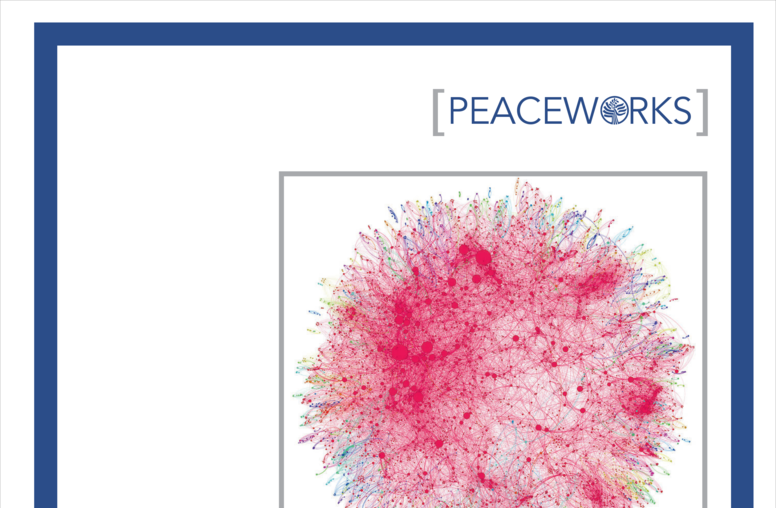
Systems Thinking for Peacebuilding and Rule of Law
Many peacebuilding interventions seeking to support rule of law get stuck. The reason they get stuck may have little to do with the law and its technical dimensions and more with a tendency to treat certain rule of law systems as if they were...
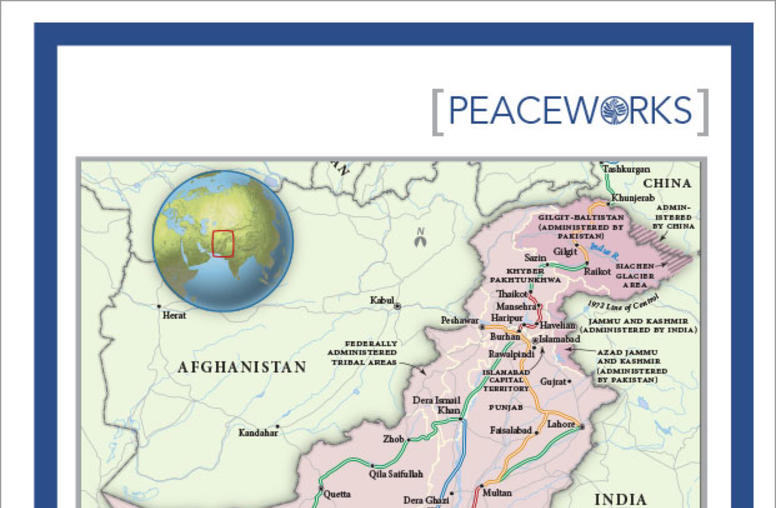
The China-Pakistan Economic Corridor
The China-Pakistan Economic Corridor (CPEC)—which connects China’s western province of Xinjiang to the Pakistan’s Arabian Sea coastline in Balochistan province—is the first large-scale attempt to bolster economic ties between Beijing and Islamabad, after decades of...
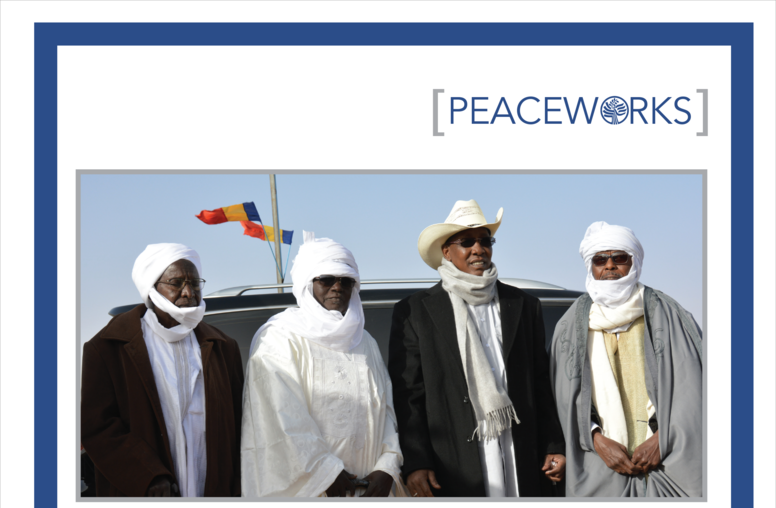
Déby’s Chad
Since gaining its independence from France in 1960, Chad has evolved from a one-party state into a multiparty regime, endured successive rebellions, and become an interventionist regional actor. Thanks to both an oil boom and corruption, segments of the Chadian elite have become very rich, but most of the population is...
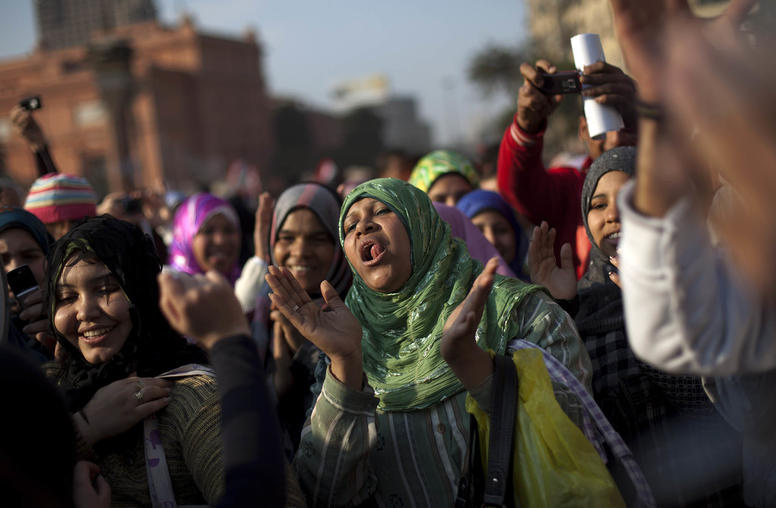
Promoting Peace and Democracy after Nonviolent Action Campaigns
The ouster of Egyptian president Hosni Mubarak in February 2011 was brought about using the tools of nonviolent action, including massive protests and nationwide strikes. Yet the transition that followed showed that initiating change through nonviolent action is no guarantee of a peaceful, smooth path to democracy. This report, based on data on 72 political transitions that occurred between 1945 and 2019, provides key insights into the kinds of mobilization, in terms of tactics and actors, that tend to be most effective in carrying transitions to a democratic outcome.
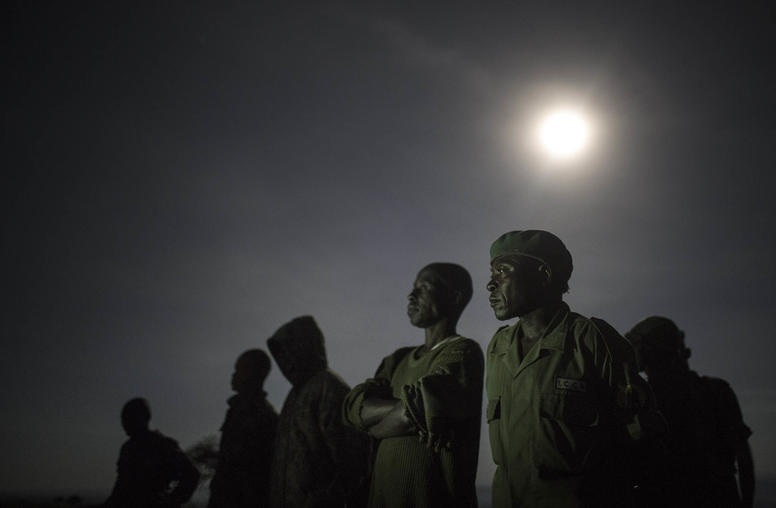
Armed Actors and Environmental Peacebuilding
The eastern provinces of the Democratic Republic of the Congo (DRC) have been the site of decades of conflict between the Congolese army and nonstate armed groups. The region’s conflict dynamics are profoundly affected by the combatants’ exploitation of and illegal trade in natural resources. Drawing lessons from eastern DRC, this report argues that the environmental peacebuilding field needs to do more to understand how armed actors shape resource governance and resource-related conflict, which in turn can lead to better-designed peacebuilding programs and interventions.
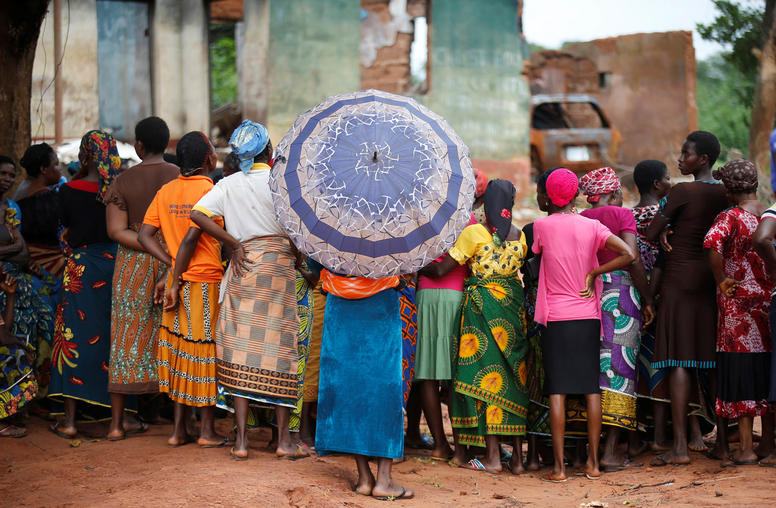
Behavioral Science and Social Contact Peacemaking
Although social contact theory — the idea that encountering someone with a different group identity can lead to greater understanding, empathy, and trust — has become a bedrock of most peacebuilding initiatives in recent decades, doubts remain about whether such initiatives prevent violence. This report provides practical insights and recommendations for improving peacebuilding efforts by more effectively factoring an understanding of human behavior into the design, implementation, and evaluation of social contact interventions.
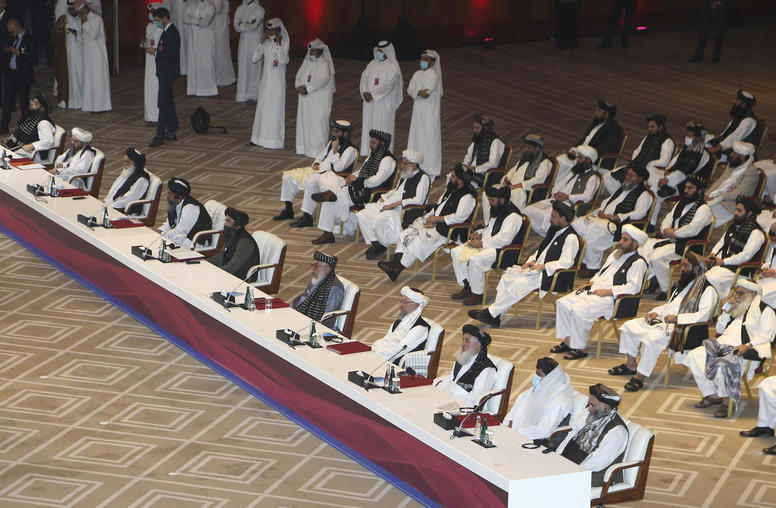
Why Was a Negotiated Peace Always Out of Reach in Afghanistan?
August 30, 2022, marks the one-year anniversary of the last US troops leaving Afghanistan. During America’s 20-year military intervention, there were several opportunities to negotiate peace among the Taliban, the Government of the Islamic Republic of Afghanistan, and the United States—but these opportunities were missed, went unrecognized, or were deliberately spurned by one or more of the parties. In this important history, Steve Brooking, the first British official sent into Afghanistan after 9/11, examines why the three parties were unable or unwilling to reach a negotiated settlement.
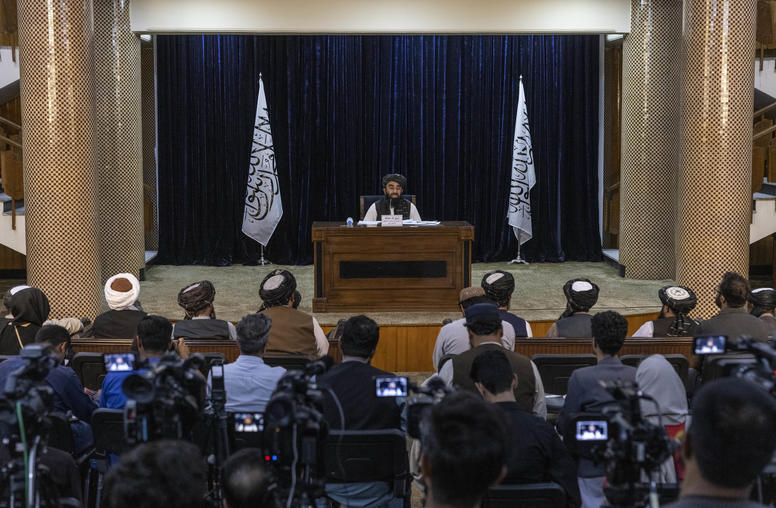
Afghan Taliban Views on Legitimate Islamic Governance
Since their return to power in August 2021, Taliban leaders have not yet articulated a clear vision of how they plan to structure the Afghan state. Some observers have expressed guarded optimism that the Taliban can be persuaded to move away from the more authoritarian and illiberal aspects of their first regime. This report is intended to help these negotiators—whether from the international community or Afghan civil society—find possible compromises between the Taliban’s vision of “true” Islamic governance and liberal democracy and respect for human rights.